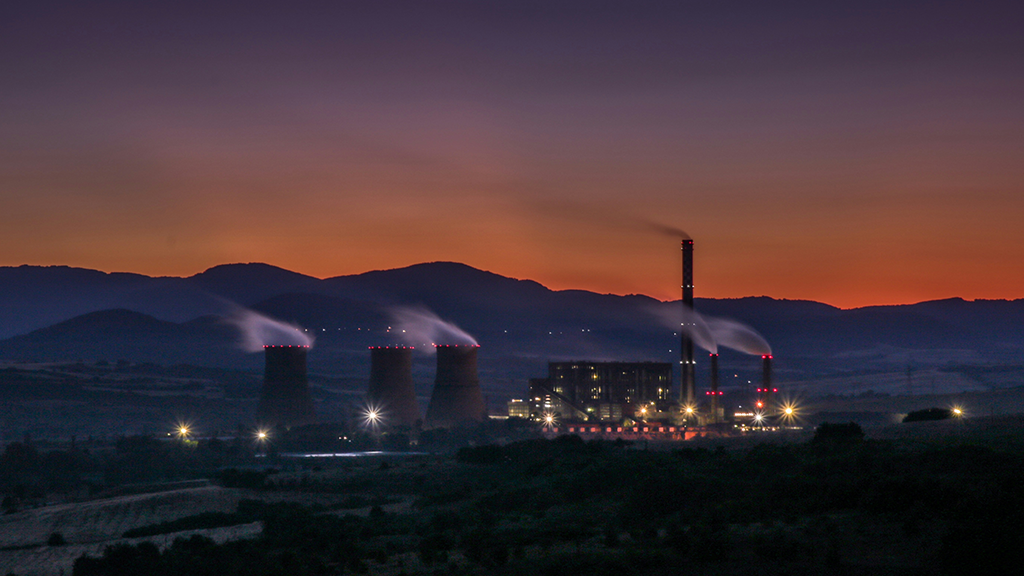

The European Union has committed to a new three-year energy framework with the United States that risks entrenching its reliance on fossil fuels. Under the deal, the EU pledges to purchase up to $750 billion in U.S. energy—primarily oil, liquefied natural gas (LNG), and nuclear fuel—by 2028. That translates to an annual intake of roughly $250 billion, a figure many analysts say is commercially and logistically unrealistic.
The U.S. already holds a dominant position in the EU energy mix. In Q1 2025, it supplied more than 50% of the bloc’s LNG and was the leading provider of crude oil. U.S. coal accounted for about one-third of total coal imports. Despite these volumes, hitting the new targets will require extraordinary shifts in infrastructure, procurement strategy, and pricing flexibility.
Constraints include existing long-term contracts with Norway, Qatar, and Kazakhstan, as well as the absence of terminal capacity needed to absorb such a significant volume increase. European importers operate in deregulated markets, making it unlikely they’ll pivot wholesale to U.S. supply for political reasons. One industry analysis branded the commitment “pie in the sky.”
To address procurement friction, the European Commission is weighing the use of its AggregateEU system to centralize demand. This mechanism, first introduced in 2022, will enable companies to participate in bulk orders starting in September. But even if effective, it reinforces short- to mid-term fossil dependency, undermining the EU’s climate goals under the Green Deal and REPowerEU plans.
The EU has reduced its reliance on Russian gas from 45% of total imports in 2021 to 15% by 2023. However, it now finds itself trading geopolitical exposure for climate risk. U.S. LNG contracts are long-term and often linked to volatile spot markets, leaving the EU vulnerable to both price swings and strategic leverage.
Environmental groups and energy analysts question the alignment of this deal with net-zero targets. Nuclear contributions remain marginal, and renewables continue to fall short of forecasted buildout. There’s also growing concern that these fossil-heavy imports could crowd out investment in domestic wind, solar, hydrogen, and carbon capture.
Meeting the agreed energy volumes would require sweeping market reconfigurations and favorable price conditions—neither of which appears imminent.








© THE CEO PUBLICATION 2021 | All rights reserved. Terms and condition | Privacy and Policy